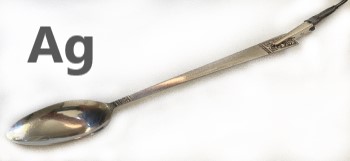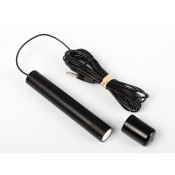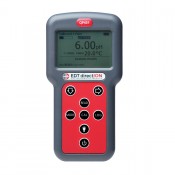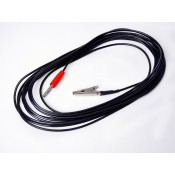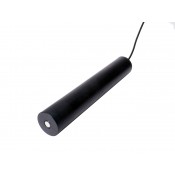SHOULD I MOOR NEXT TO A RUSTY BOAT?
Should I Moor next to a Rusty Boat?
On a recent trip to a Large Marina just outside London I was
chatting with the local Boat owners whilst collecting data on Hull potentials.
Most owners will take measures to ensure that the Hulls are in good condition.
These can range from Regular Sacrificial Zinc Anode replacement, maintenance of
protective coatings and use of a Galvanic isolation system. It is however unusual for any owner to know
what the Hull potential is or how it has changed over the season.
Measurement of the Hull potential is of course very simple
and inexpensive. Keeping a record of the readings over time are the simplest
way to identify and problems and ensure protective measures are taken at the
right time. They can also prevent needless Anode replacement or time out of the
water.
What interested me most however was the aversion to mooring
boats near to obviously rusty vessels.
This makes little sense to me. It appears that the owners I spoke to
believe that corrosion is catching!! They would much rather moor next to a
pristine Boat with a flawless hull.
I am not a boat owner! Just an electrochemist so I thought
it was probably worth taking some time exploring the forces at play here.
The water conditions are the key in all corrosive activity.
When a metal Hull corrodes it gives up electrons. The Oxidation state of the
metal increases. It becomes Oxidised. As
you know metals conduct. River water does too. Sea water even more so. This
means that the movement of electrons will happen if they are available . Unfortunately the most ready source of electrons is metal in water.
When you are in a Marina every Hull is in the same Water and
therefore they are all interconnected. That means you are in a war!!! A war with every other boat moored near you!!
In truth there are lots of Anodes and Cathodes (your boats) in their own local
environments in the same body of water so it isn’t just one Hull that is being
corroded but there will be a pecking order!!
Moor next to a Rusty
Boat
So here is the important bit! If you keep your Hull in good condition and are moored next to a Hull in less good condition the Oxidising water will grab electrons from the place of least resistance. That just happens to be the nearest sacrificial anode. Electrons are lost most readily from Magnesium, then Zinc, aluminium and then steel. The copper alloys are taken from last. Rust has already had its electrons removed so nothing more can happen here.
The upshot of this is that the Rusty Hull plays no part whatsoever in corrosion of adjacent boats.
Now if you keep your Hull in reasonable condition but your neighbour has a better Hull potential (more negative) then it follows that the Hull with the more effective Anodes is the one that loses them first. Your boat is therefore benefitting from the protection of the neighbouring vessel. Keeping an eye on your Anodes and replacing them when depleted protects not only your boat but any less protected boats close to it. You can check your Hull potential using the equipment listed below.
9999 Reference Electrode, 5 Meter Cable, Portable pH Meter, Banana-BNC Splitter/Adapter
There is one condition to this of course. A boat may be badly corroded because it is in a corroding environment. If this is in their home Marina and it is moored in the same place all the time then there is little sense in doing the same.
You can check for corrosive local moorings by measuring the Water REDOX potential. This will ensure you don't make the same mistake.
9999 Reference Electrode,Platinum Redox Sensor , Portable pH Meter, Banana-BNC Splitter/Adapter
If you want to measure the Corrosive potential of the water then you will need an EDT directION REDOX measuring kit. This is a Platinum sensor a Reference (the same as the Hull potential electrode) and a meter. Measurement takes a minute and could save your Hull.

